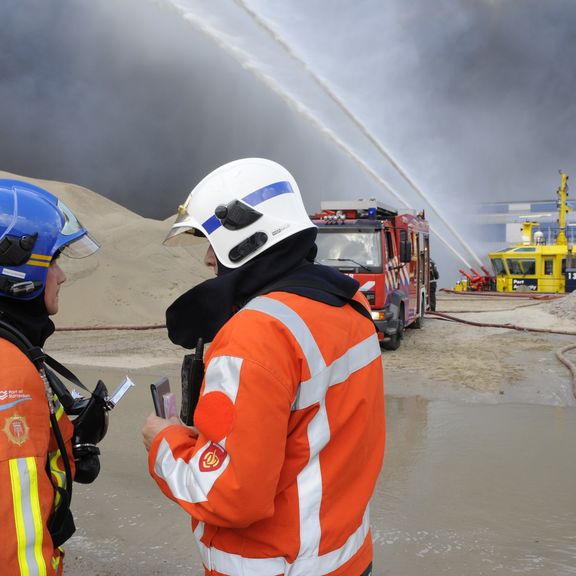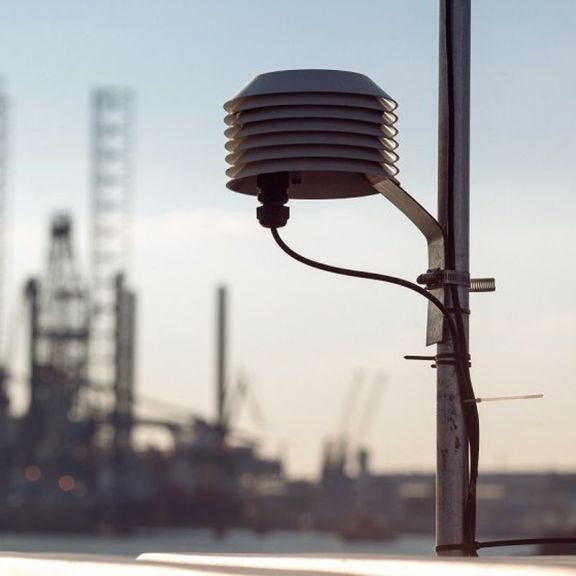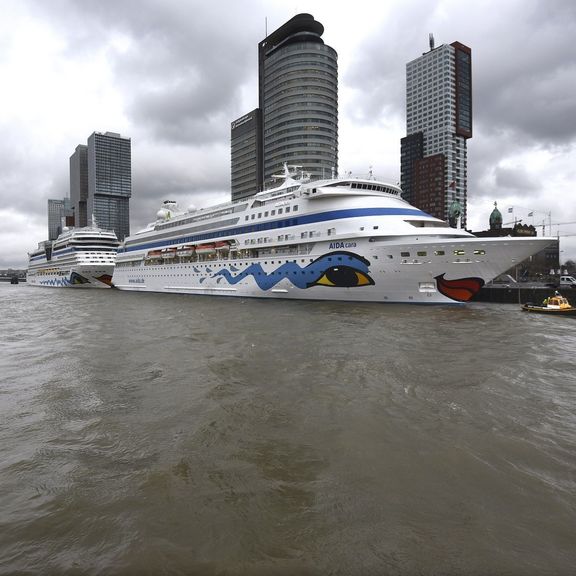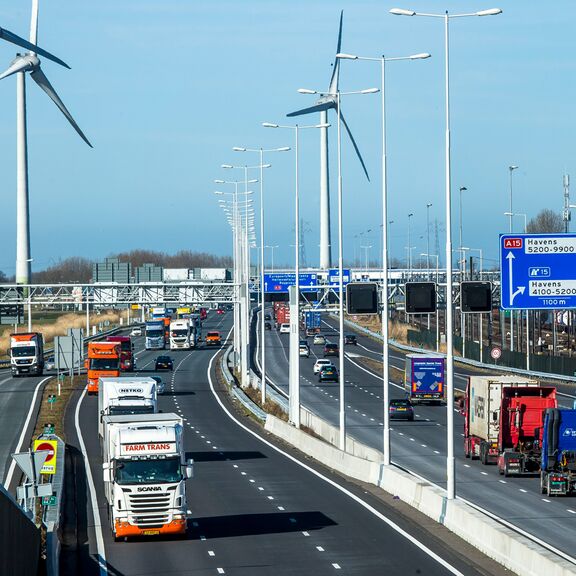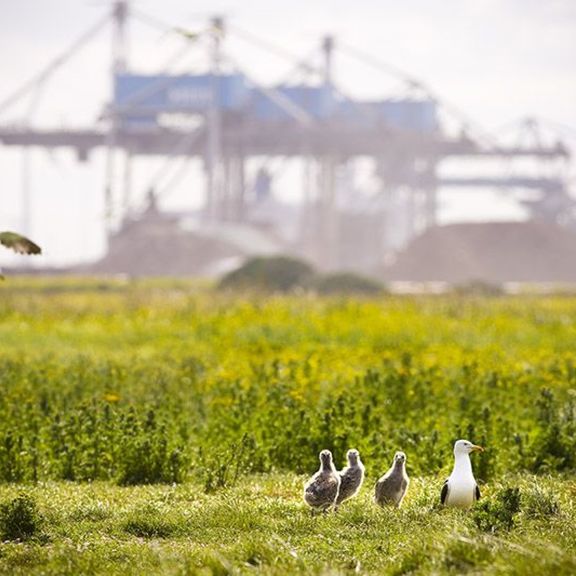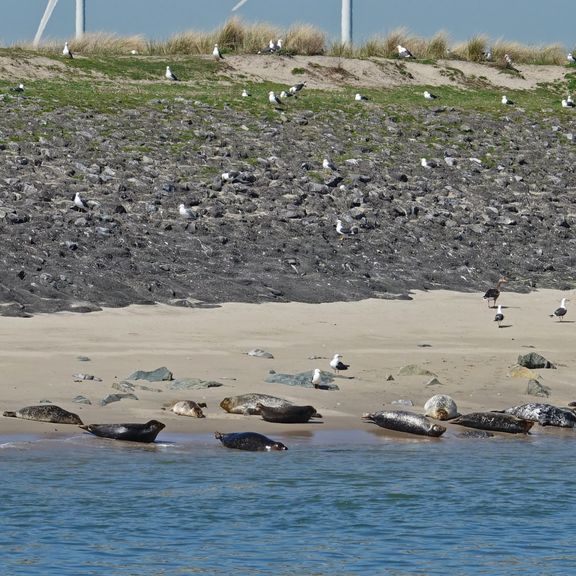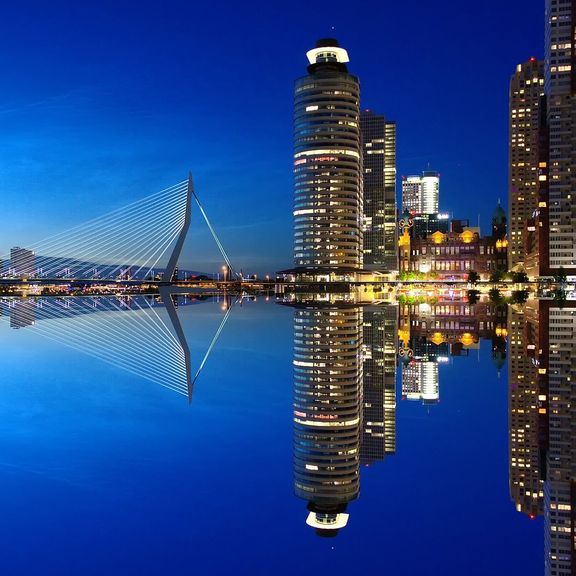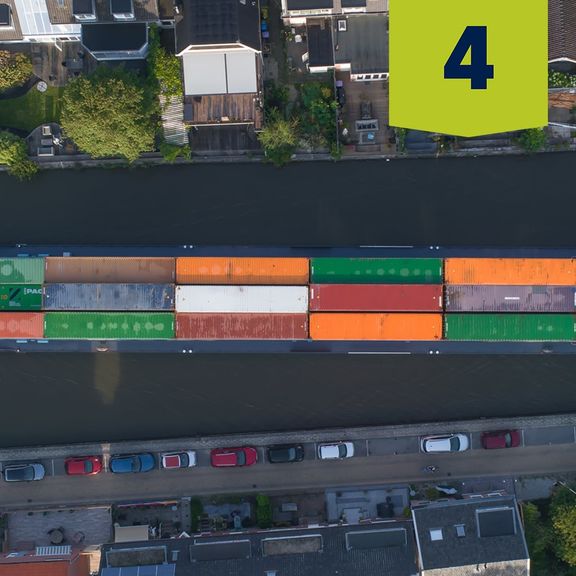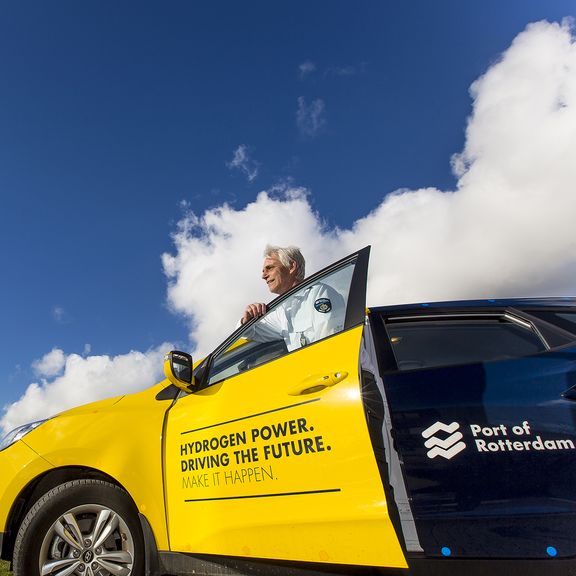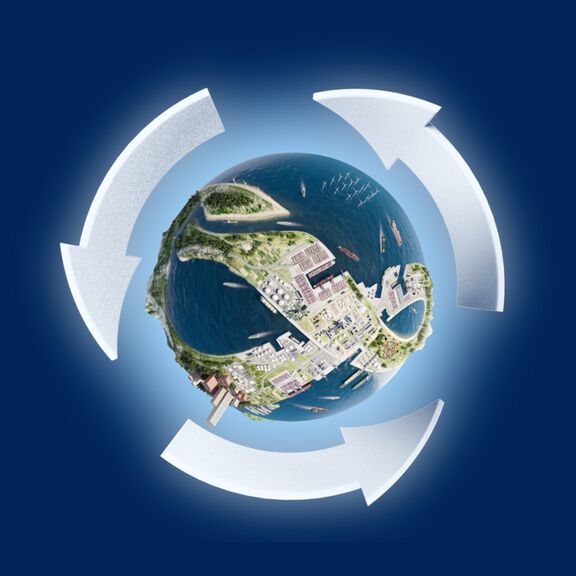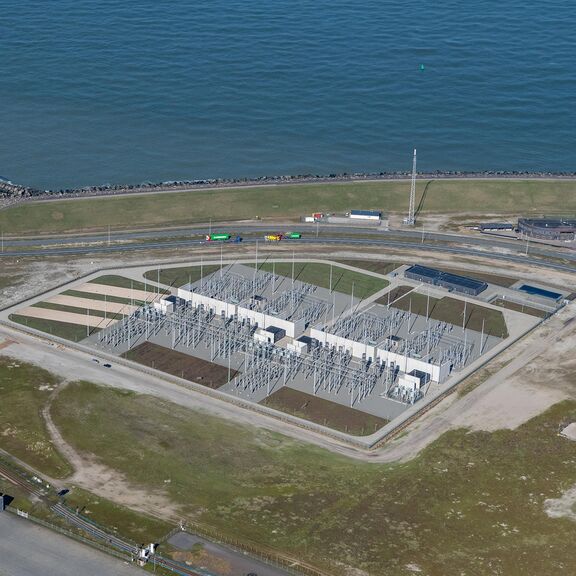Corporate Social Responsibility
As Port of Rotterdam Authority, we create economic and societal value by working with clients and stakeholders to achieve sustainable growth.
We take responsibility for our impact on people, the environment and society. And we want to make a contribution towards solving societal issues such as ensuring security, fighting climate change and environmental pollution, eliminating poverty, and reducing inequality. Corporate Social Responsibility is reflected in our purpose, vision, mission, core values and in our business strategy.
Sustainable Development Goals
Our actions are based on the 17 United Nation Sustainable Development Goals (SDGs). With our mission and core tasks, we can make the greatest contribution to the following five SDGs:

Moral compass
We are a reliable partner and act with honesty, integrity and transparency. We abide by the law and are guided by our moral compass. This is based on the principles and behavioural rules laid down in our Code of Conduct. We want to set an example in corporate social responsibility and serve as an inspiration to others. That is why we invite stakeholders from in and around the port to work with us on the social challenges that we encounter when developing the port.
Downloads
CSR in practice
In balance with society and environment
Improving the liveability in and around the port
Safety is a top priority at the port and an important condition for companies in their decision to establish themselves in the port. This includes nautical safety, social safety, flood risk management, occupational safety and cybersecurity. Improving the liveability in and around the port. This involves monitoring air quality and noise and creating an attractive and accessible living environment. We are also committed to developing and preserving nature and biodiversity in the port area.
Connecting the port and the environment
Within the port of Rotterdam, we have a two-fold objective: to develop the port of Rotterdam while simultaneously improving the living environment. We are achieving this, in part, with sponsorships, subsidies and donations.
We are also actively bringing the port to our environment. In Portlantis, Port Pavilion and during the World Port Days, visitors to the port city are given information and inspiration that allow them to really get to know the port. For questions about the port, you can visit us during the port consultation hour at the neighbourhood hubs in the municipalities of Rozenburg, Hoek van Holland and Pendrecht.
Increasing diversity and inclusion, social and physical safety
Being a socially responsible employer is important for the port and the Port Authority. Although automation and technology are crucial for the port of Rotterdam, people are its key to success. An inclusive port offers employment on all levels and for future generations. We focus on ensuring the development and vitality of our people, resulting in sustainable employability, and strive to create a good business climate and economic development for sustainable employment opportunities.
- Diversity & Inclusion
- Port Health Authority
- Safe Port
- Setting up
- Labour market and education
- Human rights policy
Climate neutral and circular
We contribute to the fight against climate change. The Port of Rotterdam is the place where the energy transition and circular economy are taking shape. This includes energy efficiency, green electricity, hydrogen, raw materials reuse and biofuels. We are focused on reducing emissions, carbon capture and storage, and laying heat grids. The construction of new infrastructure, such as heat, hydrogen and CO2 pipelines is crucial. In addition, we are actively improving the sustainability of marine shipping, for example, with shore power projects and by facilitating the bunkering of clean fuels.
We are also at the forefront of new developments, such as low-carbon hydrogen, biofuels and circular solutions. The Port Authority is working with partners on new circular value chains, such as plastic recycling, batteries and wind turbine blades. For Rotterdam’s chemical industry, all products now made from oil will eventually be derived from waste, hydrogen, CO2 and biomaterial. This requires new techniques and value chains.
